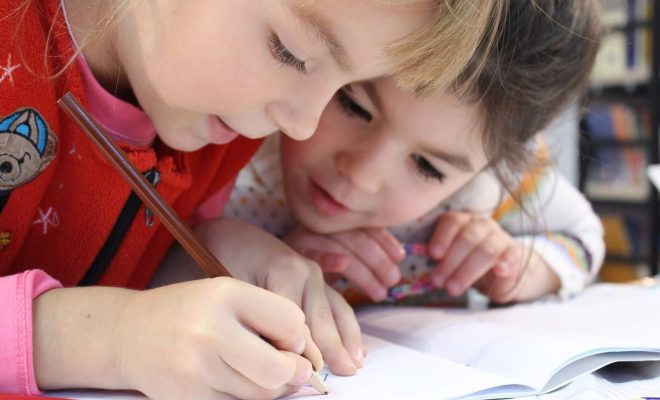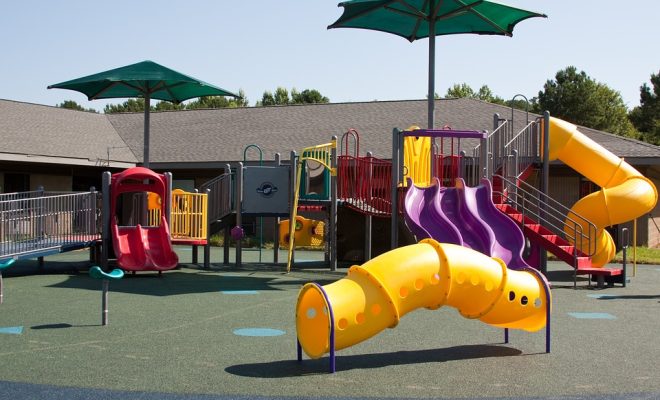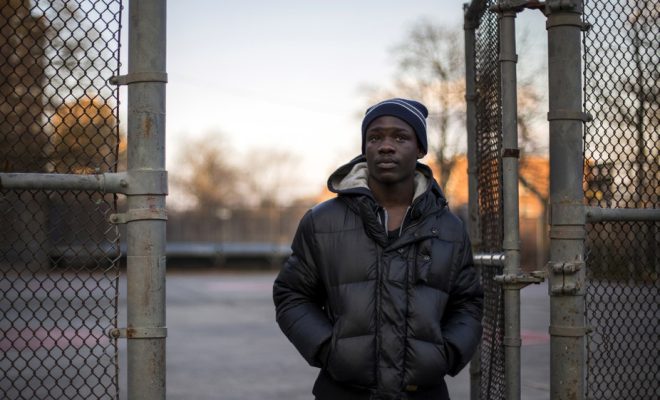Black Boys in Crisis: Why Aren’t They Reading?

In this series, appropriately titled “Black Boys in Crisis,” I highlight the problems facing black boys in education today, as well as provide clear steps that will lead us out of the crisis.
Though people outside the “Black boy” demographic like to think that American K-12 schools, workplaces and courthouses are pillars of fairness, those within the grouping know better. Study after study, research report after research report, and statistic after statistic all point to a crisis among the young, Black boys of the nation – beginning in homes, stretching to K-12 educational experiences, and leading straight to the cycle of incarceration in increasingly high numbers.
So what can be done to save this group of children that consistently seem to fall through the cracks of a society that does little to rescue them? In this series, I will look at four specific areas of especially troubling data, in hopes of sparking some conversation on how as a society we can rethink them to produce a stronger generation of Black young men in our midst.
Dismal Reading Numbers
This spring, the Black Star Project published findings that just 10 percent of eighth-grade Black boys in the U.S. are considered “proficient” in reading. In urban areas like Chicago and Detroit, that number was even lower. By contrast, the 2013 National Assessment of Education Progress found that 46 percent of white students are adequate readers by eighth grade, and 17 percent of Black students as a whole are too. The achievement gap between the two races is startling, but the difference between the NAEP report on Black students as a whole and the Black Star findings of just Black boys is troubling too. It is not simply Black children in general who appear to be failing in the basics – like literacy; it is the boys.
Reading is only one piece of the school puzzle, of course, but it is a foundational one. If the eighth graders in our schools cannot read, how will they ever learn other subjects and make it to a college education (or, in reality, to a high school diploma)? Reading scores tell us so much more than the confines of their statistics and I believe these numbers are key to understanding the plight of young Black men in our society as a whole.
A Group Behind
While it is true that Black boys often arrive in Kindergarten classrooms with inherent disadvantages, they continue to experience a “behind the 8-ball” mentality as their school careers progress. Black boys are more likely than any other group to be placed in special education classes, with 80 percent of all special education students being Black or Hispanic males. Learning disabilities aside, black students (and particularly boys) experience disconnection when it comes to the authority figures in their classrooms. The K-12 teaching profession is dominated by white women, many who are very qualified and very interested in helping all their students succeed but lack the first-hand experience needed to connect with their Black male students.
Schools with majority Black students also tend to have lower amounts of teachers who are certified in their degree areas. A U.S. Department of Education report found that in schools with at least 50 percent Black students, only 48 percent were certified in the subject, compared with 65 percent in majority white schools. In English, the numbers were 59 and 68 percent, respectively and in science, they were 57 percent and 73 percent.
The disadvantages that Black boys bring to their schools aren’t corrected in K-12 classrooms, they are furthered. As they get older, they are continually marginalized in their schools and societies – given less-than-adequate access to the resources that their already advantaged peers receive. While the connection between items like reading scores and civic responsibility may not seem well defined on the surface, they are related and that relationship is integral to turning the tide for Black boys in America.
Click here to read all our posts concerning the Achievement Gap.






